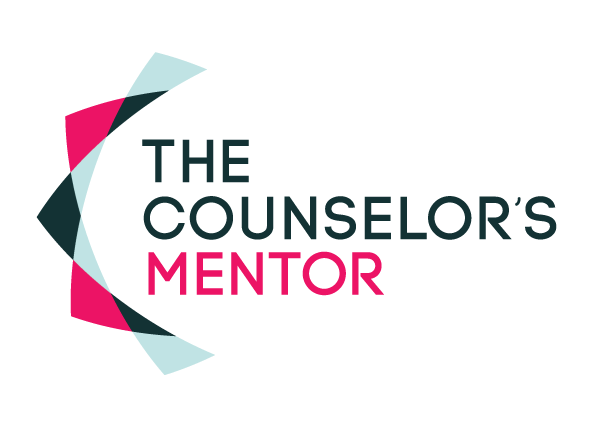A question I hear often is: “Is opening a private practice hard?” In this blog, What Therapists Need to Know About Opening a Private Practice, I share why opening the doors isn’t the hardest part—but running your practice can be challenging. Of course, this is a subjective answer. What feels difficult to one person may come naturally to another. I’ll walk through a few of the common struggles new entrepreneurs and business owners face when launching their private practice.
The Money Side: Accounting and Bookkeeping
Numbers, accounting, bookkeeping, accounts payable, accounts receivable. Is this hard? For some, it’s completely foreign. For others, it feels familiar and manageable. Ask yourself: is managing money a difficult task for you? Think about your own personal spending habits. Are they healthy, intentional, or impulsive?
The way you spend personally will often show up in how you manage your business finances. In private practice, revenue doesn’t always flow the way you want it to. That’s why it’s extremely important to have awareness of your numbers at all times. Managing money wisely will determine when it’s time to expand, when it’s time to slow down, when you need to hustle for more clients, or when it’s safe to invest in something new like a website. All of this requires financial awareness, so the more comfortable you are with numbers, the less “hard” it feels.
Marketing Your Practice
Another area that can be difficult for some is marketing. Getting your name out there, standing in front of an audience, giving your elevator pitch, and telling people what you do can feel overwhelming. For others, it’s easy to clearly and concisely explain who you serve, what you offer, and why clients should work with you.
When you’re clear about your ideal target audience and their pain points, everything flows more easily—your website, brochures, flyers, and even your social media. And with supportive tools like Canva or AI, marketing is easier now than ever before. So, is it hard? Sometimes. But the resources available today make it far more manageable.
Getting Clients
For many new therapists, this is the biggest challenge of all. Running a private practice and being a skilled therapist doesn’t mean much unless clients are actually walking through your physical or virtual door. You have to consistently generate new clients.
So ask yourself: where are your clients, and how can you get in front of them? This is where many practice owners lose time, money, and energy—investing in strategies that don’t pay off. Getting clients is hard without the right systems or marketing approach, and it can feel difficult at any stage, whether you’re private pay or insurance-based. Do your homework and make sure you have a plan for steady referrals.
Protecting Your Time
One of the hardest parts of building a private practice is separating yourself from your business. Especially in the early stages, it’s easy to feel compelled to answer every call, work extra hours, or bend over backwards to fit in clients. Your five-hour workday can quickly become a twelve-hour day if you’re not careful.
This comes from a scarcity mindset: the fear that if you don’t make yourself available, you’ll lose a client and lose money. But if you’re not setting clear boundaries, burnout will creep in quickly. A 25-client caseload can easily grow into a 55-hour workweek if you don’t have guardrails.
It’s essential to protect your time. Working in your business means doing the therapy, the billing, and the day-to-day. Working on your business means networking, building community connections, and making sure your mission and vision align with your future. Both matter, but you have to balance them wisely.
Final Thoughts About Opening a Private Practice
If these areas feel overwhelming, you’re not alone. Every private practice owner faces them. But here’s the good news: you don’t have to do this by yourself.
I offer different levels of support depending on what you need. If you’re looking for free options, we host virtual and in-person networking events. If you’d like step-by-step guidance, my online DIY program is available. And if you prefer someone to tell you exactly what to do and how to do it, I offer private coaching as well.
You can build a successful private practice in Texas—and you can do it with confidence. I walked this road eight years ago, and I’m here to help you every step of the way.
Read more about 3 things to consider before launching your private practice HERE.

